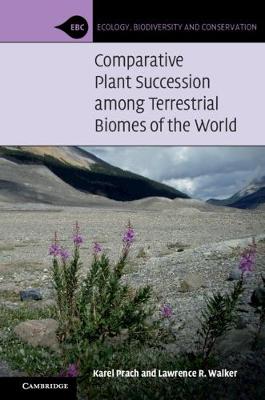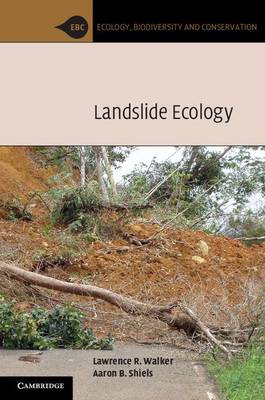Ecology, Biodiversity and Conservation
2 total works
Comparative Plant Succession among Terrestrial Biomes of the World
by Karel Prach and Lawrence R Walker
Published 6 May 2020
Despite a century of study by ecologists, recovery following disturbances (succession) is not fully understood. This book provides the first global synthesis that compares plant succession in all major terrestrial biomes and after all major terrestrial disturbances. It asks critical questions such as: Does succession follow general patterns across biomes and disturbance types? Do factors that control succession differ from biome to biome? If common drivers exist, what are they? Are they abiotic or biotic, or both? The authors provide insights on broad, generalizable patterns that go beyond site-specific studies, and present discussions on factors such as varying temporal dynamics, latitudinal differences, human-caused vs. natural disturbances, and the role of invasive alien species. This book is a must-read for researchers and students in ecology, plant ecology, restoration ecology and conservation biology. It also provides a valuable framework to aid land managers attempting to manipulate successional recovery following increasingly intense and widespread human-made disturbances.
Despite their often dangerous and unpredictable nature, landslides provide fascinating templates for studying how soil organisms, plants and animals respond to such destruction. The emerging field of landslide ecology helps us understand these responses, aiding slope stabilisation and restoration and contributing to the progress made in geological approaches to landslide prediction and mitigation. Summarising the growing body of literature on the ecological consequences of landslides, this book provides a framework for the promotion of ecological tools in predicting, stabilising, and restoring biodiversity to landslide scars at both local and landscape scales. It explores nutrient cycling; soil development; and how soil organisms disperse, colonise and interact in what is often an inhospitable environment. Recognising the role that these processes play in providing solutions to the problem of unstable slopes, the authors present ecological approaches as useful, economical and resilient supplements to landslide management.

